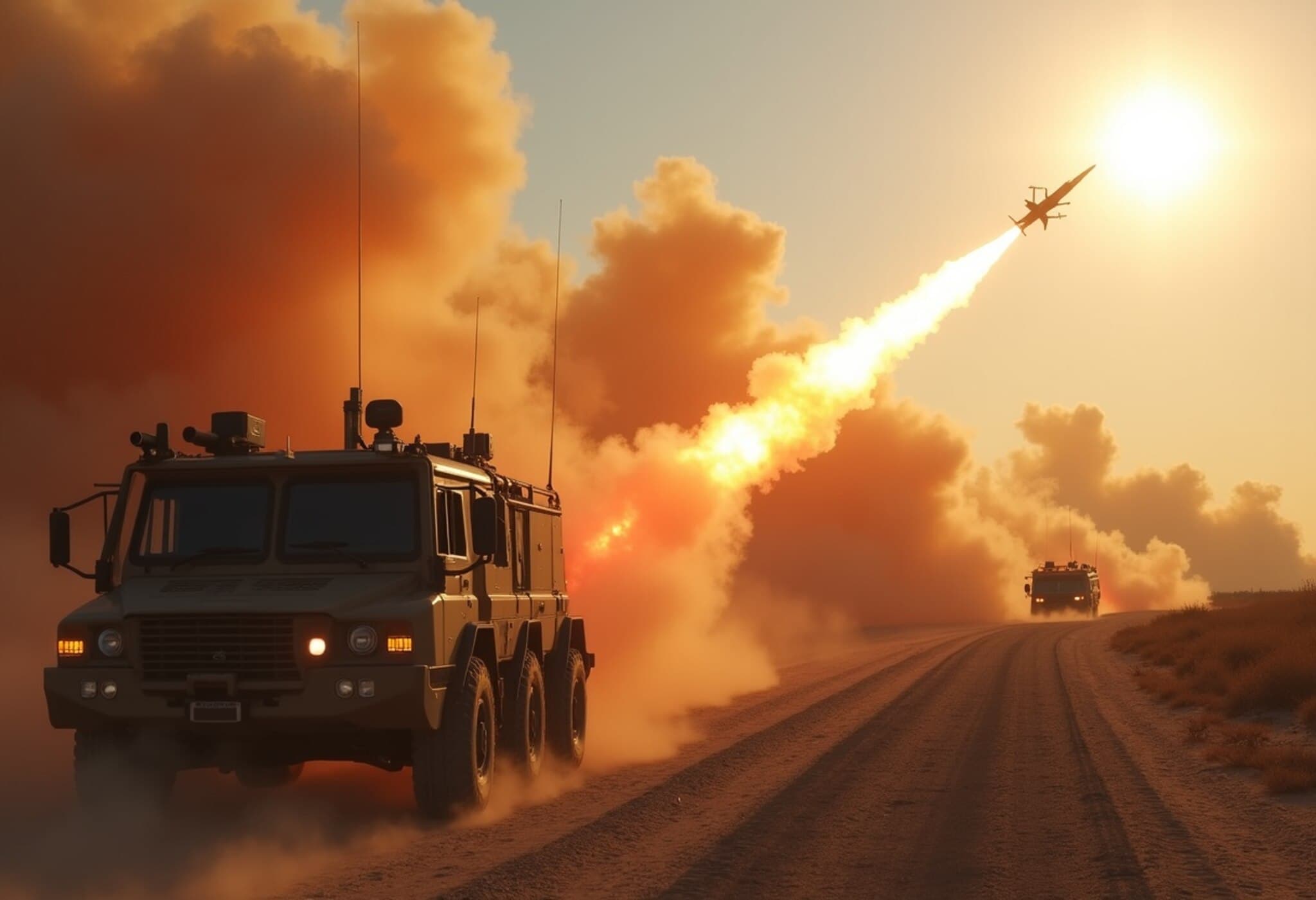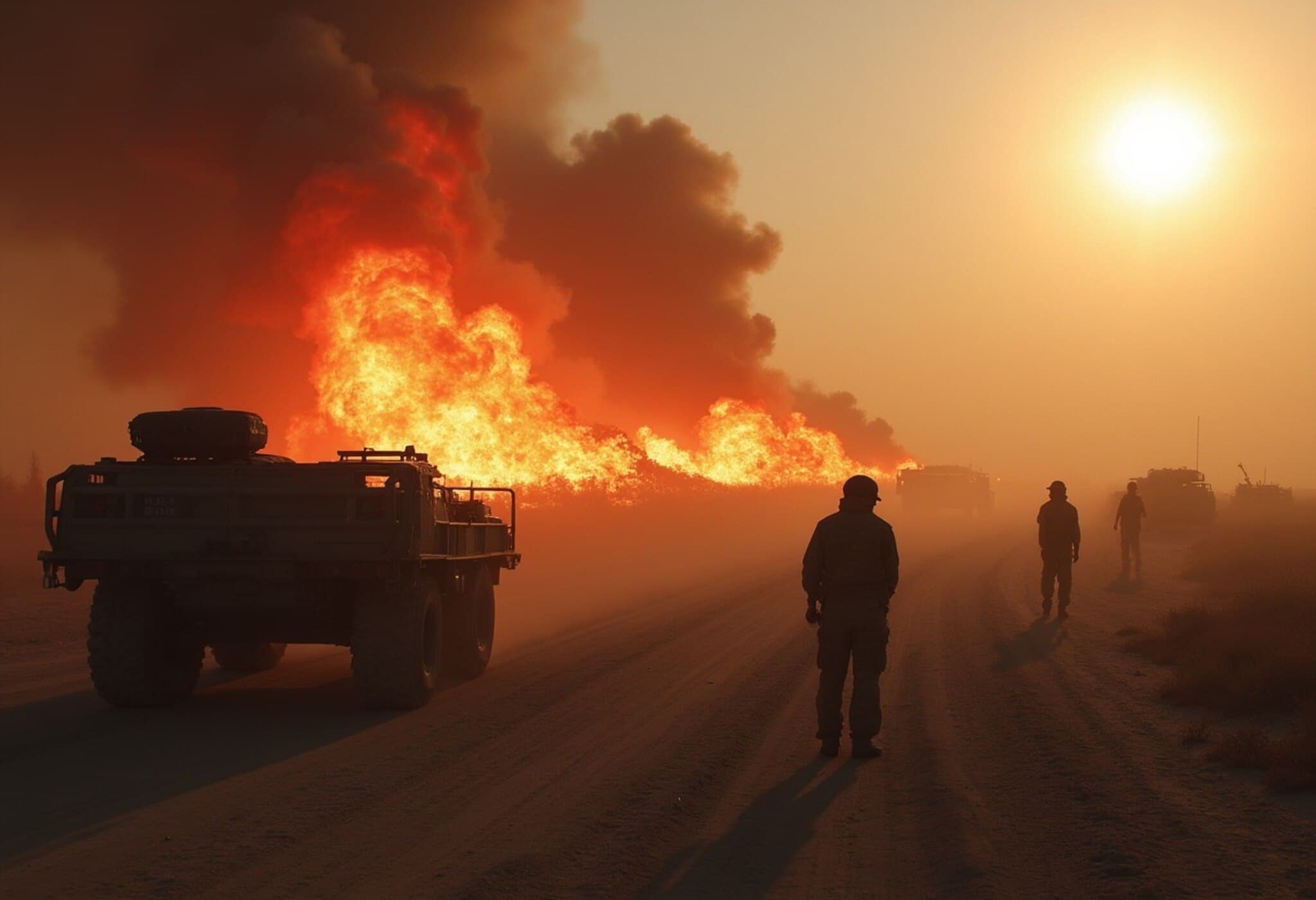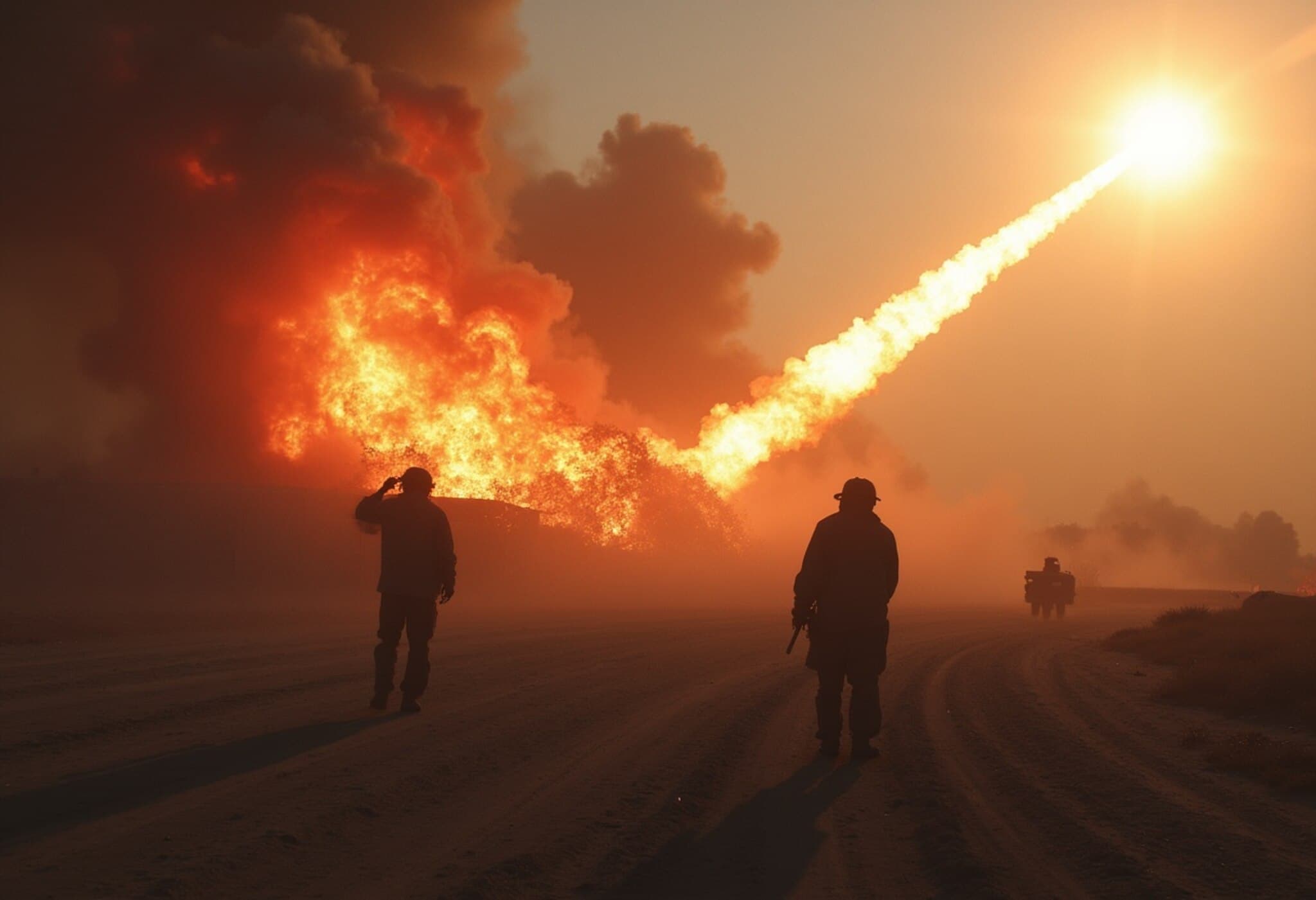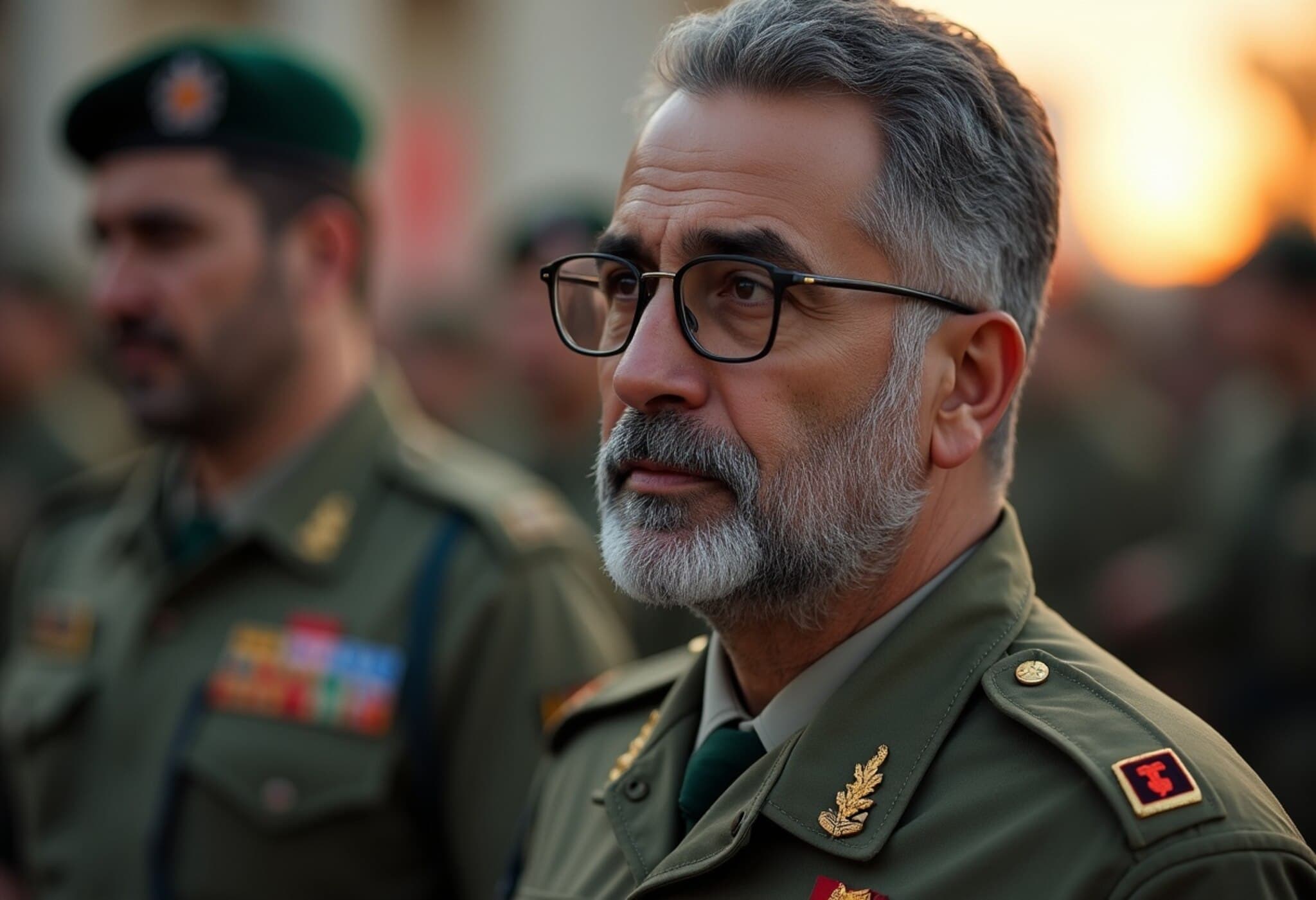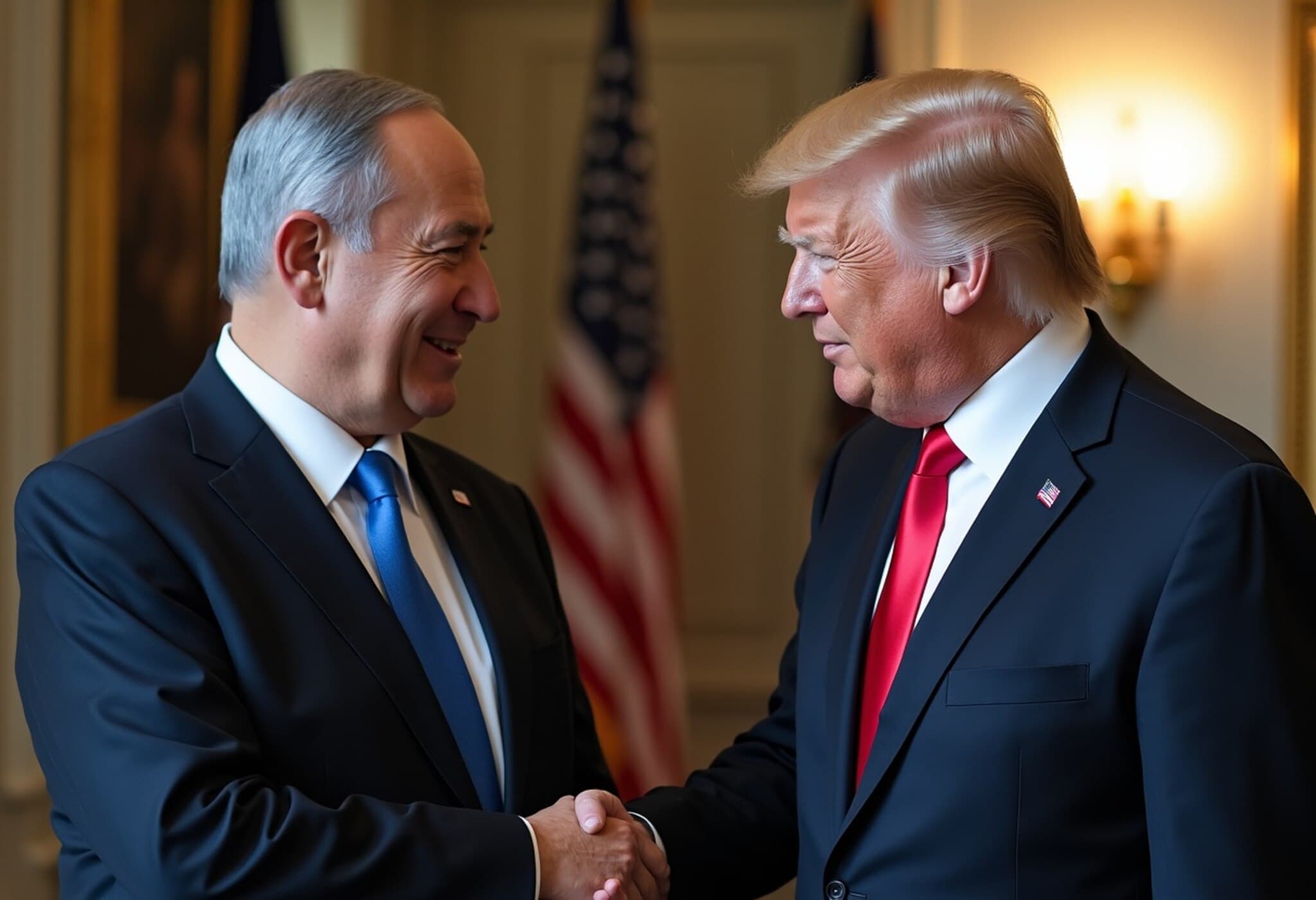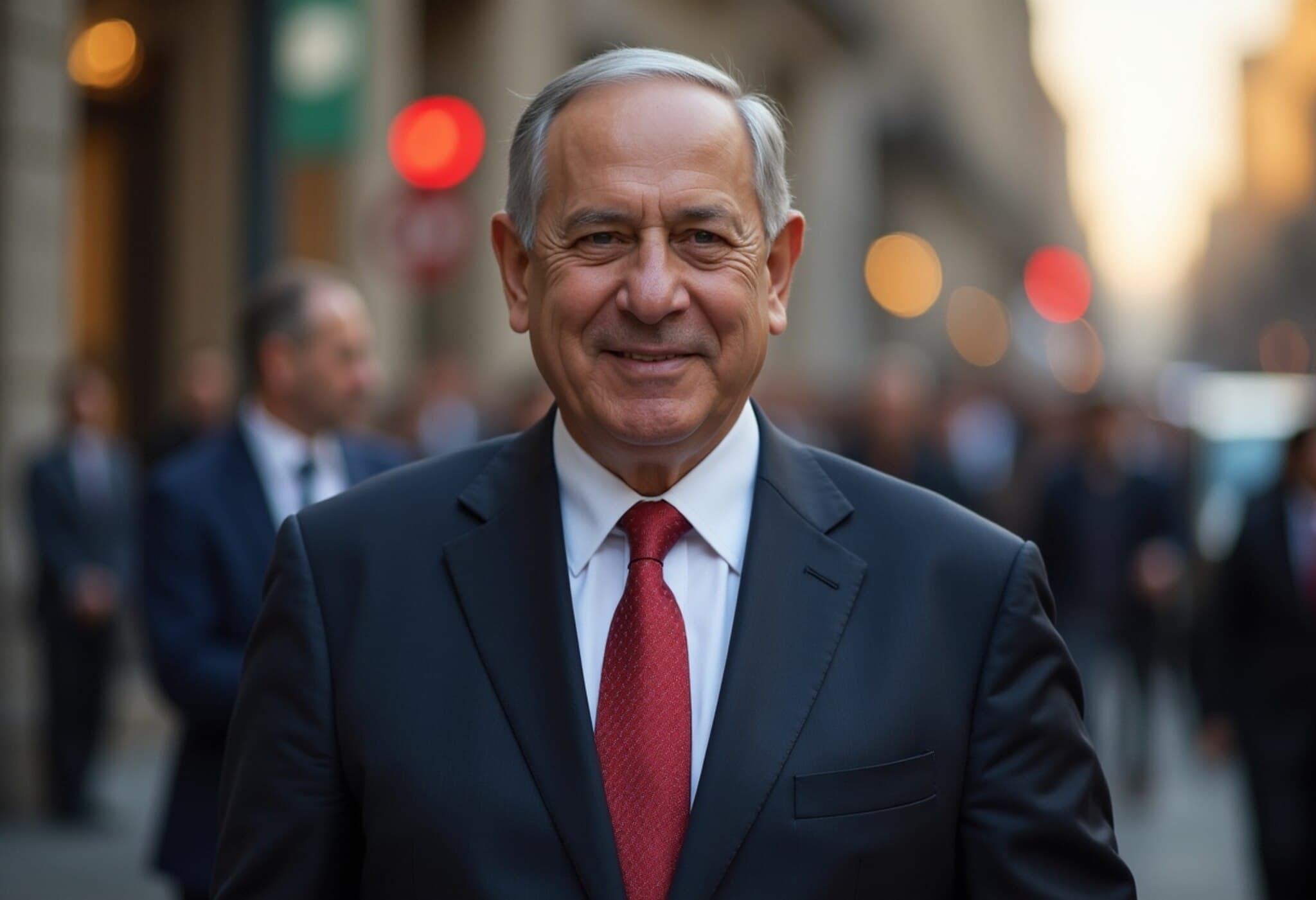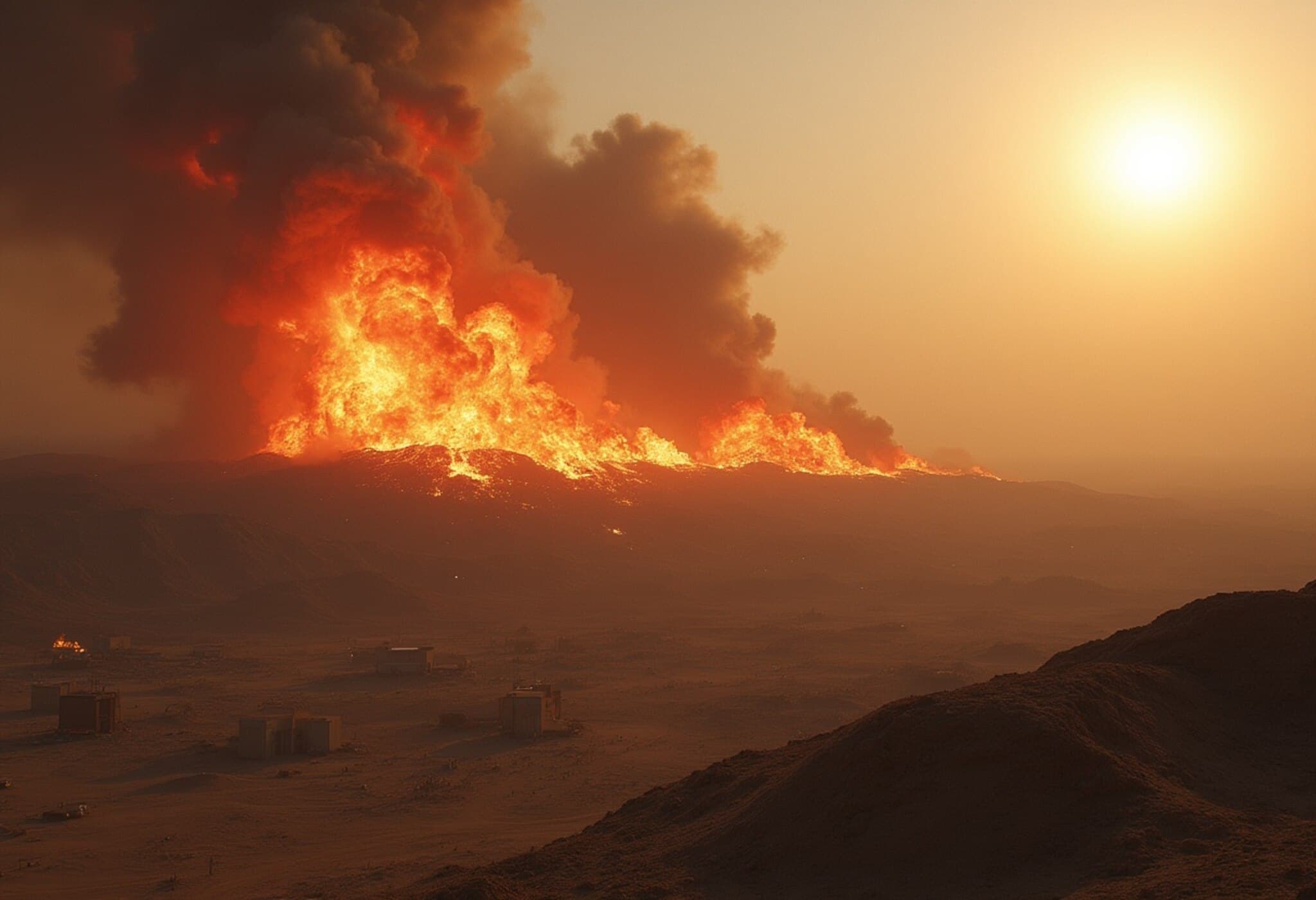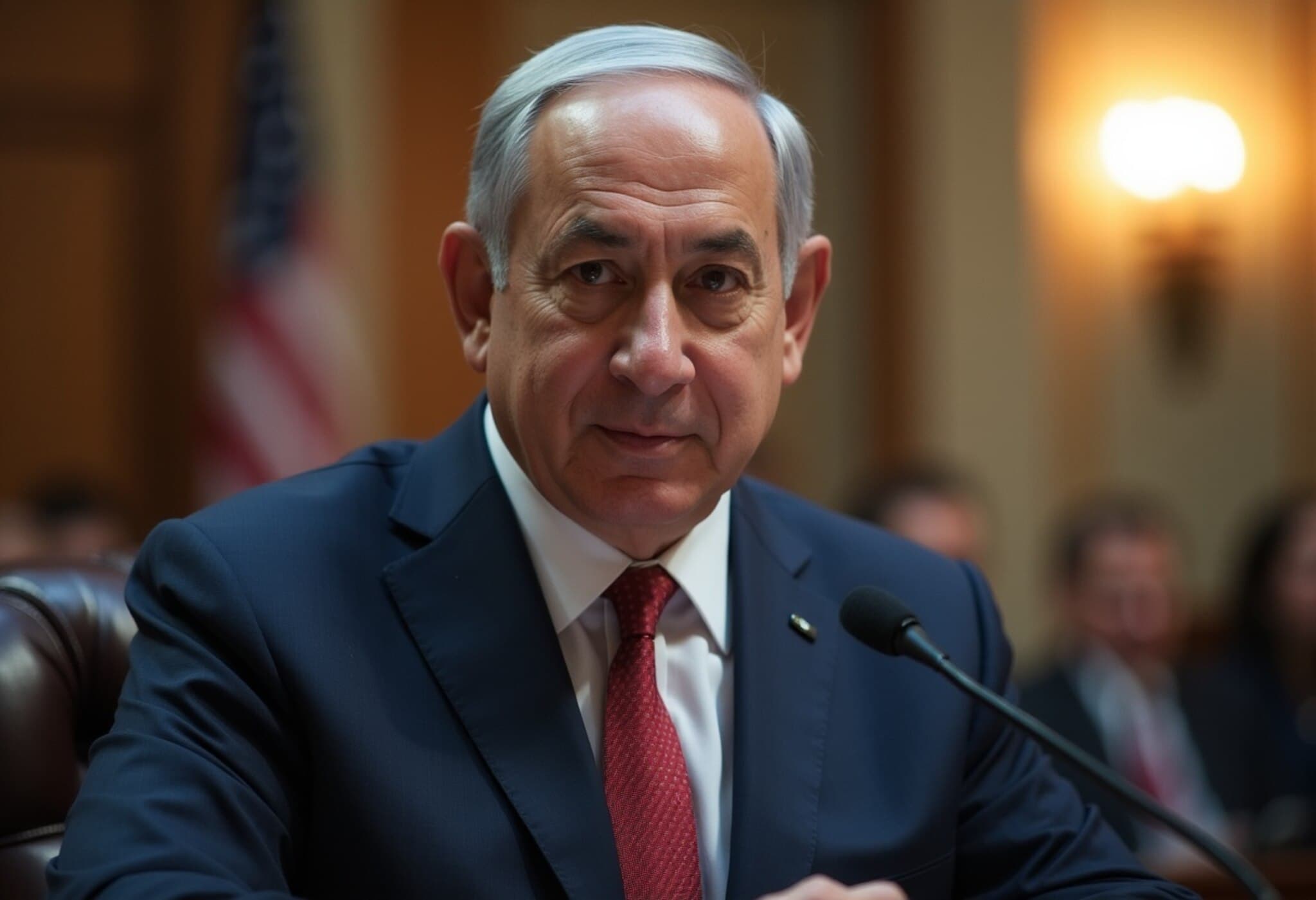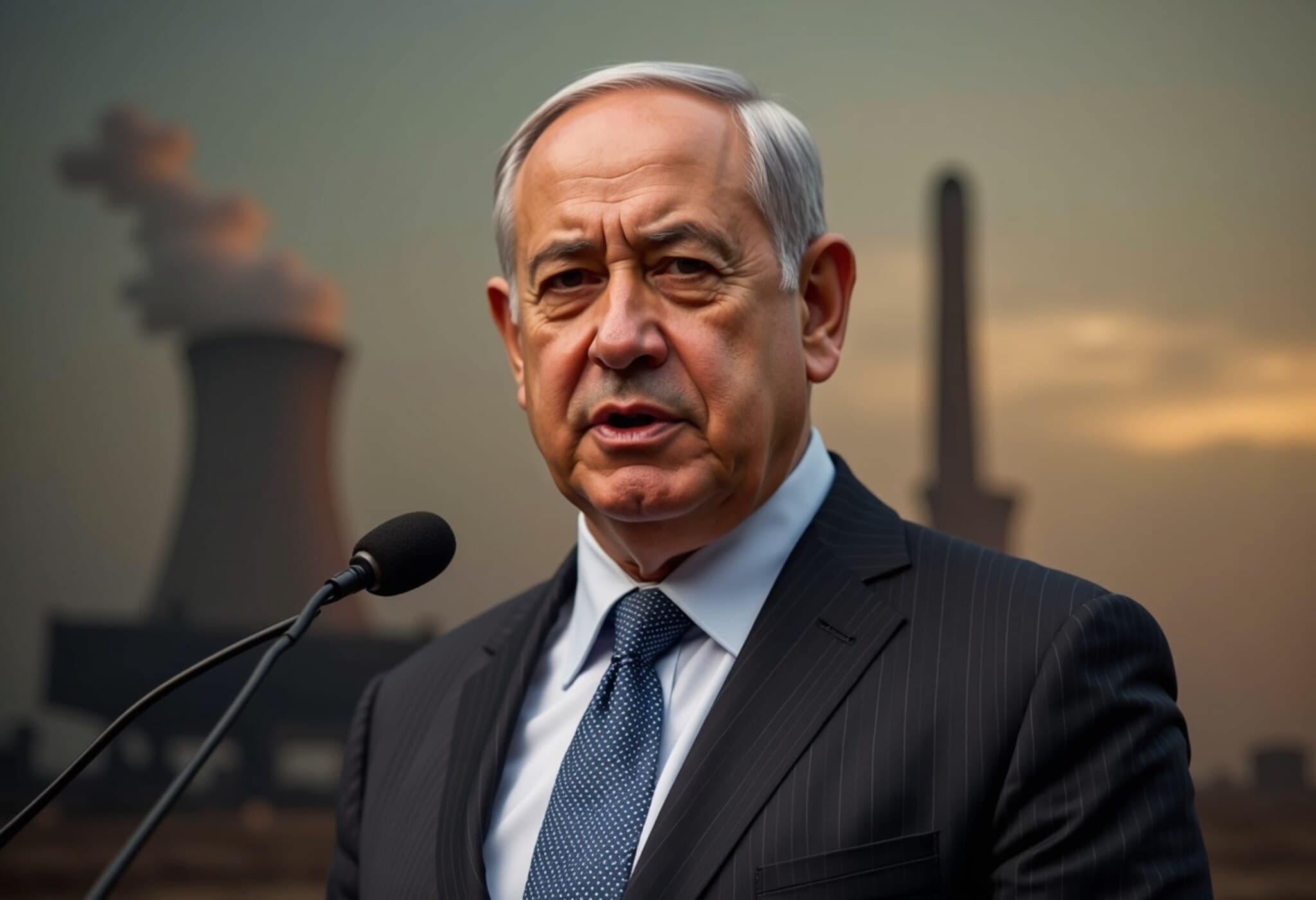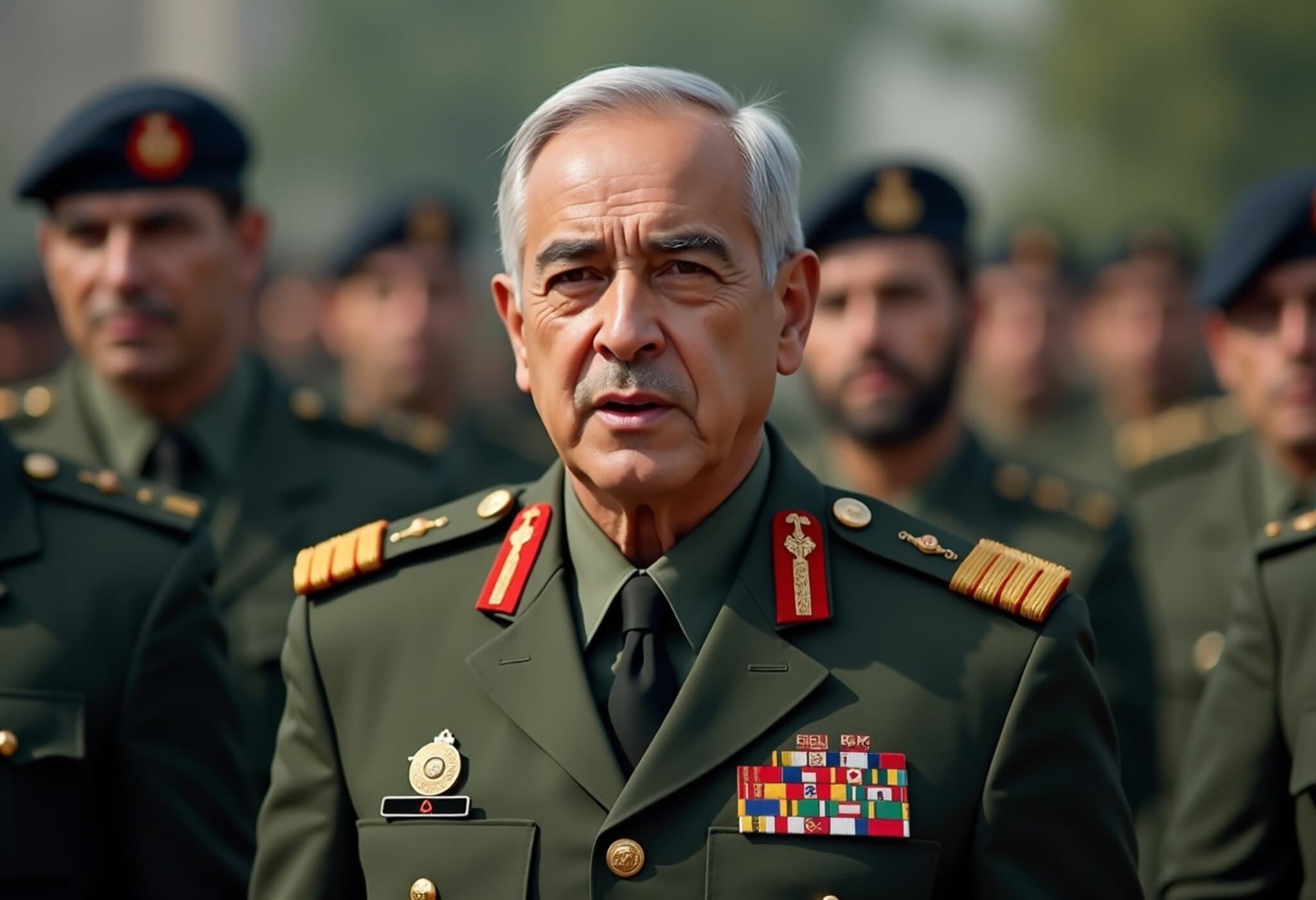Iran Escalates Missile and Drone Attacks on Israel
The Iranian military has officially announced a fresh wave of missile and drone assaults targeting military installations in Haifa and Tel Aviv. The Islamic Revolutionary Guard Corps (IRGC) declared these operations as part of an escalated offensive aimed at key military and industrial sites.
A New Threat: Multiple Warhead Missiles
Adding to the complexity, Israeli defense officials revealed that Iran deployed at least one missile equipped with multiple warheads. This advanced ballistic missile can split its warheads mid-flight, significantly broadening the impact zone and posing a more complicated challenge for Israeli defense systems. The Israel Defense Forces (IDF) recovered a submunition in central Israel, underscoring the missile's destructive potential.
To date, over 450 ballistic missiles and 1,000 drones have been launched by Iran toward Israel. The IDF reports having destroyed approximately two-thirds of these launchers, yet the barrage continues unabated.
Netanyahu Visits Attack Site, Credits US Support
Prime Minister Benjamin Netanyahu visited the Soroka Medical Center in Beer Sheva, which suffered significant damage after an Iranian ballistic missile strike. During his visit, he acknowledged the heavy toll the ongoing conflict exacts on Israeli citizens, stating that “all of Israel is paying a price.”
Netanyahu also expressed gratitude toward former US President Donald Trump, calling him a “friend of Israel” for backing the nation amid this crisis. He further praised the United States for its active role in defending Israeli skies, highlighting “remarkable cooperation” in safeguarding Israeli cities.
International Dynamics: Russia and Diplomatic Talks
Meanwhile, Russia issued a stern warning against any Israeli strikes on Iran’s Bushehr nuclear power plant, cautioning that such an attack could trigger a catastrophe on par with Chernobyl. With Russian personnel working at the facility and Moscow’s involvement in its construction, Kremlin officials have voiced major safety concerns.
On the diplomatic front, Iran’s Foreign Minister Abbas Araghchi is scheduled to meet European representatives in Geneva, continuing efforts to maintain dialogue amid escalating tensions. Despite ongoing talks, Iran insists it will not return to negotiations unless Israeli attacks cease. Iranian diplomats have hinted at possible nuclear negotiations flexibility if the US can influence Israel to halt military actions.
Israeli Military Strikes and Strategic Responses
In response, the IDF confirmed airstrikes on Iranian military targets, including the reportedly inactive Arak nuclear facility. Although no significant damage to the site was reported, the strikes aim to preempt any potential nuclear weapons development. Iran’s Atomic Energy Organisation condemned the attack as a breach of international law but assured there were no radiological consequences since the facility is currently non-operational.
Following the missile attack on Beer Sheva’s hospital, Israeli Defense Minister Israel Katz and PM Netanyahu ordered intensified strikes against strategic targets in Iran to weaken the ruling Ayatollah regime and diminish emerging threats.
Key Takeaways
- 450+ ballistic missiles and 1,000 drones launched by Iran.
- IDF destroyed roughly two-thirds of Iranian missile launchers.
- New multiple-warhead missile technology escalates challenge for Israeli defense.
- Significant damage inflicted on Beer Sheva’s Soroka Medical Center.
- US actively assisting Israel in aerial defense operations.
- Russia warns against attacks on Bushehr nuclear plant due to safety risks.
- Diplomatic talks continue with Europe amid tense standoff.

